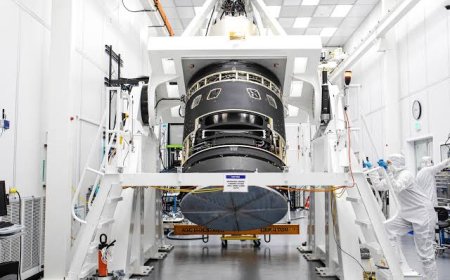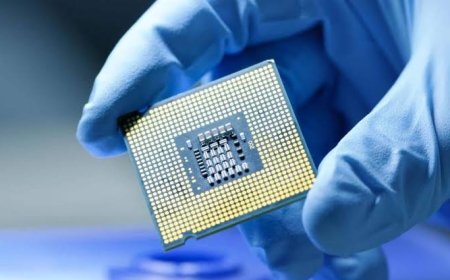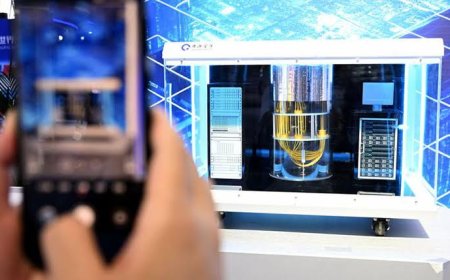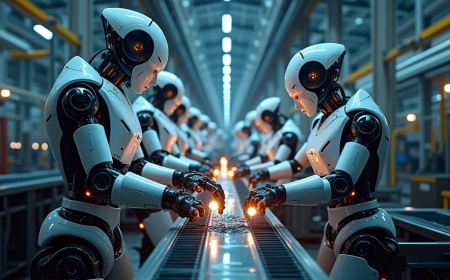'Poxiao' is going to open up new horizons in digital memory technology!
Poxiao: "A flash memory device the size of a grain of rice that is set to rival the speed of the human brain."
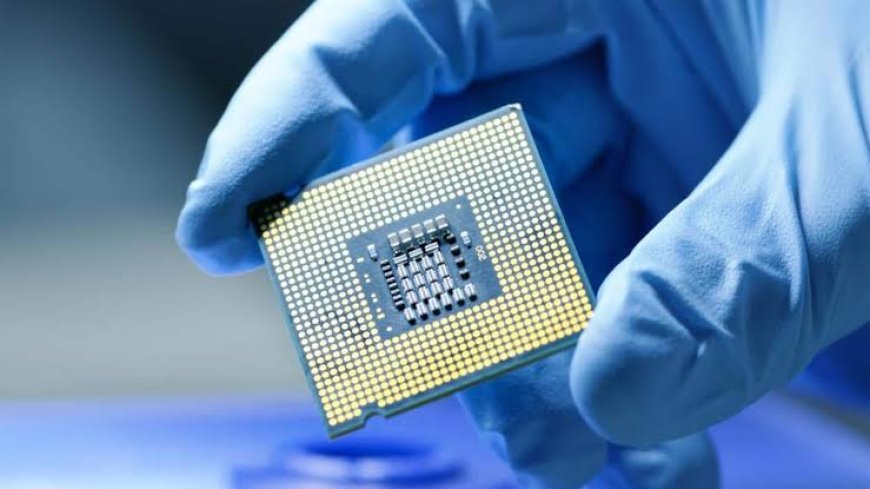
A group of researchers from Fudan University recently created a prototype of a very small flash memory device in the laboratory, which they named "Poxiao" (dawn light). The data transfer speed of this memory device, which is as small as a grain of rice, is an incredible 400 picoseconds (one trillionth of a second).
While it takes milliseconds to write or erase data in conventional memory cards or flash memories (such as those used in mobile phones or pen drives), the Poxiao device will be about 100,000 times faster. Researchers claim that its speed will be very close to the information processing speed of the human brain.
In current computer technology, the memory (data storage part) and the processor (calculation part) are separate. As a result, data exchange takes some time, which is called the "von Neumann bottleneck". According to researchers from Fudan University, if the Poxiao technology is successful, it will be possible to eliminate this limitation to a large extent.
This memory device can simultaneously store data quickly and perform calculations directly on that data. As a result, researchers hope that it will be possible to process huge amounts of data instantly in various fields, including artificial intelligence (AI), autonomous vehicles, and real-time data analysis in hospitals. However, this claim is still largely a prediction of future possibilities.
According to the researchers, if the Poxiao technology is successfully implemented, the speed of future computers or smart devices will increase incredibly. It will accelerate the development of artificial intelligence, be able to coordinate with quantum computing, and even start a new revolution in computer brain interface technology.
Currently, this prototype is only capable of storing a few kilobytes of data. However, real-life digital devices require processing terabytes (thousands of gigabytes) of data. The researchers admit that in order to make it manufacturable on a large scale, the device will have to face major challenges in increasing its data capacity and making it energy efficient.
Although researchers are excited about this new technology, in reality it is still in the early stages of research and development in the laboratory. Experts believe that it may take about a decade for it to be suitable for general use and reach the market. Therefore, even if experimental success is achieved at the lab level, taking this technology to the commercial level will not be an easy task. Rather, it may require a long period of research and development.
Source: South China Morning Post, Tech Explore.
Source:
https://www.scmp.com/news/china/science/article/3306971/china-unveils-worlds-fastest-hard-drive-poxiao-dawn-new-flash-memory
